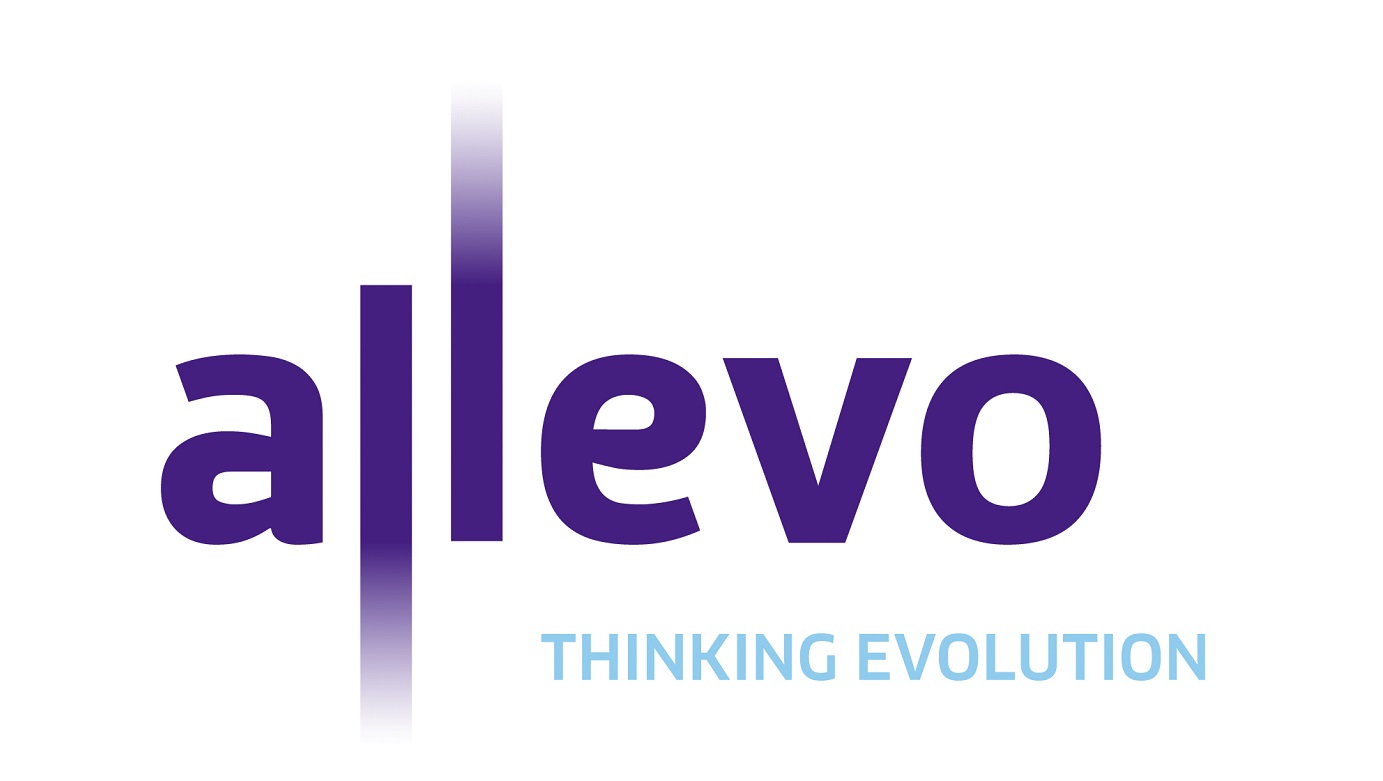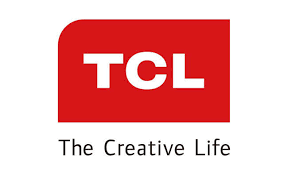About 75 percent of business leaders consider that companies’ technology decisions will have the same importance on the “responsible use of technology” as on financial and business implications, according to “The State of Responsible Technology” report.
The analysis was carried out by Thoughtworks (NASDAQ: TWKS), a global technology consultancy that integrates strategy, design, and engineering to drive digital innovation, and MIT Technology Review Insights who partnered to explore how organizations understand responsible technology use, what has motivated them to adopt more responsible practices and what benefits they hope to achieve from this adoption.
According to the report, 73% of business leaders believe that the responsible use of technology is becoming a pressing business need.
 “Let’s imagine a city like Bucharest without Internet for 24 hours. This is to realize how digital our lives have become – personal and professional. From paying taxes and checking in or online orders, to critical flows from transport and logistics – and the examples can go on and on.
“Let’s imagine a city like Bucharest without Internet for 24 hours. This is to realize how digital our lives have become – personal and professional. From paying taxes and checking in or online orders, to critical flows from transport and logistics – and the examples can go on and on.
The more technology advances, the faster and more ubiquitous it becomes – the more ethics, transparency and responsible use are no longer optional – they must be part of the design, and that requires a paradigm shift. Design decisions must be made not only taking into account purely legal aspects but also from the perspective of human rights, of taking responsibility for the decisions made. We see the emergence of standards that facilitate this aspect – the EU AI Act is an example and we are sure that others will follow”, said Adrian Locusteanu, Head of Demand, Thoughtworks Romania.
Among the main benefits that companies can achieve with the adoption of responsible technology are: better customer acquisition/retention, improved brand perception, prevention of negative unintended consequences, attracting and retaining top talent, improving sustainability.
The report, “The State of Responsible Technology,” draws on a survey of 550 senior executives from nine countries and regions—the United States (12%), Canada (10%), Brazil (10%), the United Kingdom (12%), Germany (12%), India (12%), Australia (11%), Singapore (10%), and China (12%). In addition, it features a series of in-depth interviews with technology experts from organizations including H&M Group, MOIA and California Polytechnic State University.
The majority of survey respondents’ organizations have some level of official policies in place for enacting responsible technology initiatives. Of respondents, 67% said their organization has methodologies, guidelines, or frameworks for implementing specific types of responsible tech. This was more common among public sector respondents than those working at financial services companies.
The main barriers to adoption when embedding responsible tech more firmly in operations were a lack of senior management awareness (52%), organizational resistance to change (46%), and internal competing priorities (46%).
Speaking on the report’s findings, Dr. Rebecca Parsons, chief technology officer at Thoughtworks, said, “The reach of technology is extending into more sensitive and complex arenas, from credit decisions and medical diagnoses to criminal sentencing. It impacts everyday interactions with ourselves, friends and family, as well as our employees, customers and citizens. It is no surprise that companies are thinking more about how they’re building more responsible technology rather than focusing solely on parameters such as convenience or cost. At Thoughtworks, we’re advising organizations on their digital innovation strategies, and how responsible tech can build customer trust, reduce risk and attract talent, adding value and managing any unintended consequences of their digital products.”
MIT Technology Review Insights’ global editorial director, Laurel Ruma said, “As technology becomes a fundamental part of every business, and as we see consequences of its misuse play out, responsible technology use has become a critical business expectation. How companies interpret that obligation, however, and the degree to which their execution is matching up to their aspirations, is rapidly evolving.”
Dr. Parsons continued, “At its core, the notion of responsible tech is about ensuring that everyone benefits from the deployment of technology. I’m encouraged by what I see in this report: today’s business leaders are not only starting to understand the urgent need for the responsible use of technology but they’re also seeing the solid, enterprise-enhancing reasons for doing so.”
‘The State of Responsible Technology’ is available for download here.
 This new Thoughtworks-MIT Technology Review Insights research follows the launch of Thoughtworks’ Responsible Tech Playbook, which provides companies with technology tools and techniques to identify strategies to be more inclusive, aware of bias, transparency and to mitigate negative unintended consequences. Using these approaches helps technologists examine their product and technology choices from multiple perspectives, increasing the likelihood that harmful consequences will be uncovered.
This new Thoughtworks-MIT Technology Review Insights research follows the launch of Thoughtworks’ Responsible Tech Playbook, which provides companies with technology tools and techniques to identify strategies to be more inclusive, aware of bias, transparency and to mitigate negative unintended consequences. Using these approaches helps technologists examine their product and technology choices from multiple perspectives, increasing the likelihood that harmful consequences will be uncovered.


































